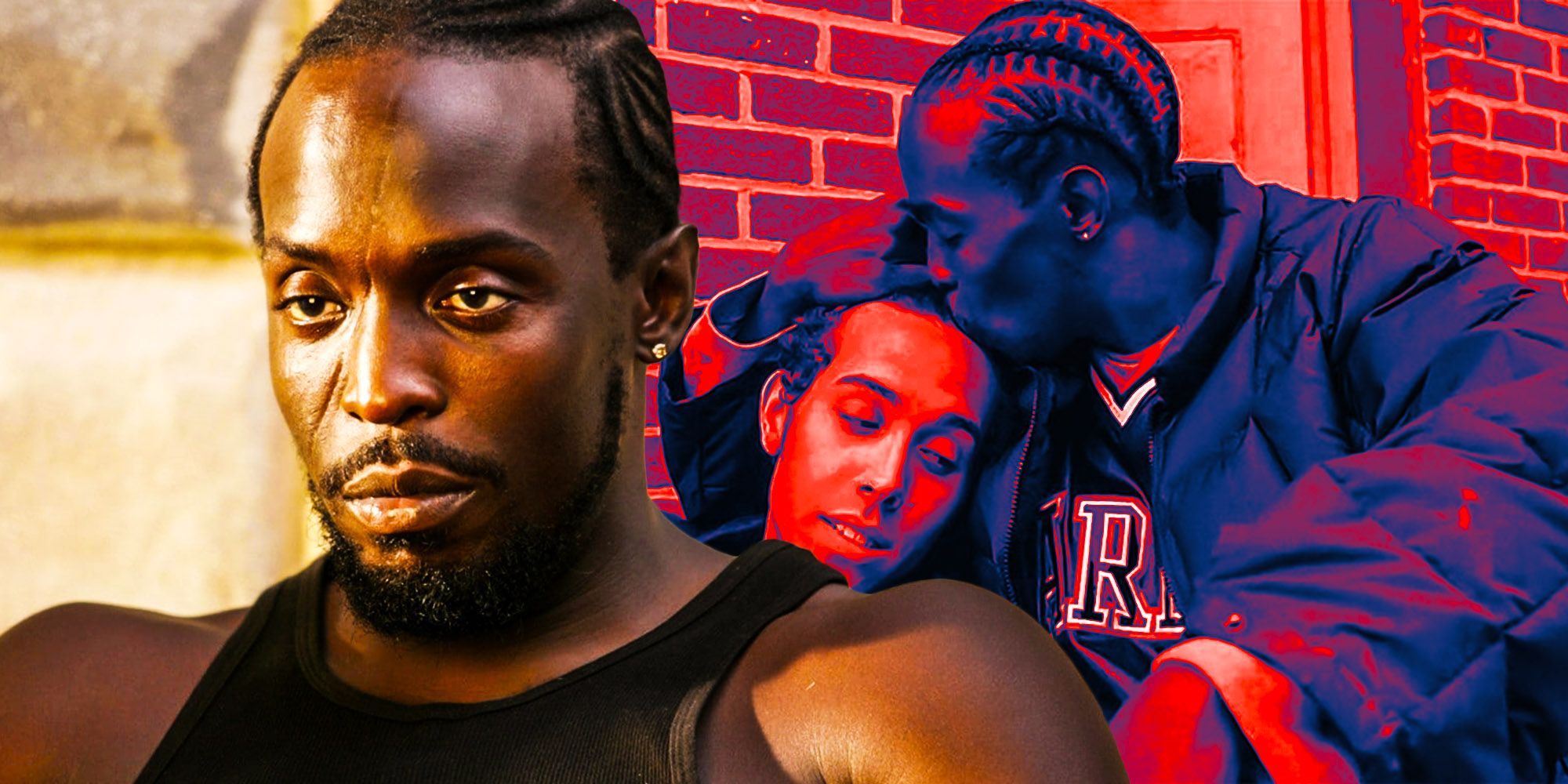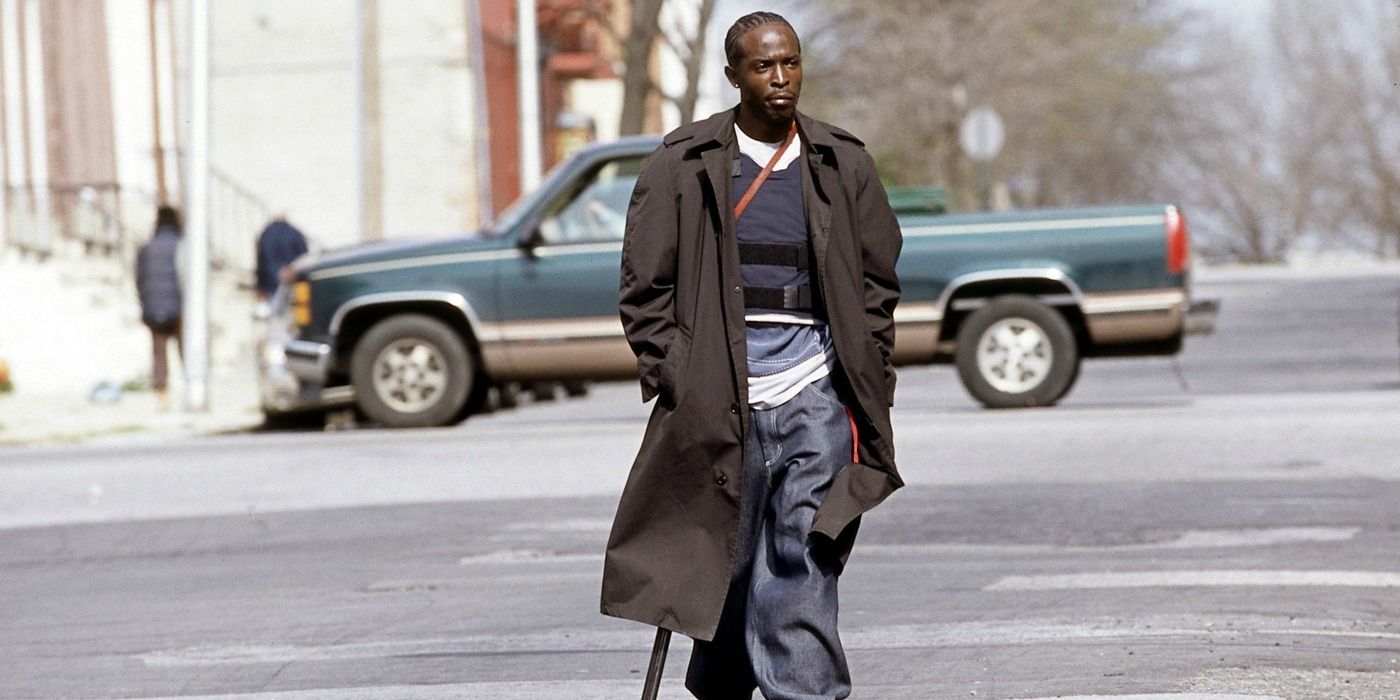The tragic death of Michael Kenneth Willams has prompted many to reflect on the actor's groundbreaking performance in HBO's The Wire: as the Baltimore stickup man Omar Little. Although Williams went on to enjoy a successful career after the series ended, Omar was arguably his most famous and most socially significant role. Throughout his 27-year-long acting career, Williams amassed five Emmy nominations and received plaudits for other performances, such as the role of Chalky White in Boardwalk Empire, and more recently, that of Montrose Freeman in Lovecraft Country.
Williams' casting in The Wire marked his breakthrough in the TV industry, as the actor reprised the role of Omar in each of the show's five seasons spanning from 2002 to 2008. Williams attracted widespread recognition for his genuine portrayal of the character, who became one of TV's most beloved fictional personas. A fearsome drug robber who walked to the beat of his own drum, Omar challenged conventions: Williams portrayed the character as a gay man who rejected overused LGBTQ stereotypes, and his representation was a groundbreaking feat in early-2000s TV.
Distinguished by his deep facial scar, dusky trench coat, and a 12-gauge shotgun in hand, Omar made waves in the world of TV due to his audacious demeanor complemented by a devil-may-care attitude. His stature as a Black gay man in a crime drama significantly increased The Wire's value — both short and long term. Omar's groundbreaking success as a character lies in his nuance apart from his sexuality just as much as it derives from his commendable LGBTQ representation. The Wire's showrunners didn't include Omar to tick a representation box and dispose of him at the earliest convenience, rather, the character unapologetically influenced the HBO's show's main plot.
It's undeniable that Omar was the best character on The Wire. He was one of the most intimidating figures, as a casual stroll down the street to his signature whistling of "The Farmer in the Dell" caused those in his path to flee. Yet, Omar's involvement with his two romantic partners, Brandon Wright in season 1, succeeded by Renaldo in seasons 4 and 5, exemplified the character's inherent sensuality and care for those close to him. Omar's empowerment culminated in season 3, episode 11 "Middle Ground" when he teamed up with Brother Mouzone to eliminate the notorious Stringer Bell — someone who frequently recited homophobic slurs, and organized Brandon's brutal murder. Despite his estrangement from society and violent tendencies, viewers sympathized with Omar because of his complex characterization, which emphatically dismissed the trope of reducing LGBTQ individuals as weak, overly-flamboyant caricatures merely serving as a show's punchline.
Williams' superb acting solidified Omar as a compelling character in The Wire. His bluntness melded with a tender sense of humanity perfectly manifested Omar's multi-dimensional personality, complete with both triumphs and hardship in the rugged streets of West Baltimore. Williams' unforgettable performance as Omar additionally constituted a breakthrough in the severe lack of gay BIPOC individuals in TV shows. Even 13 years after The Wire ended, Omar still resembles a monumental achievement in TV — and Williams undeniably made it so.


